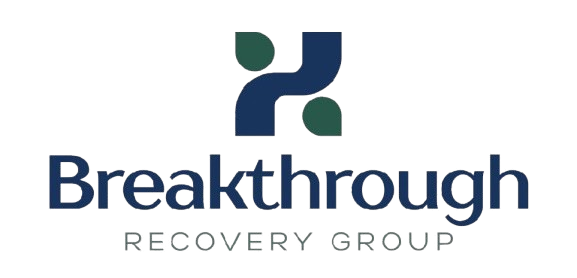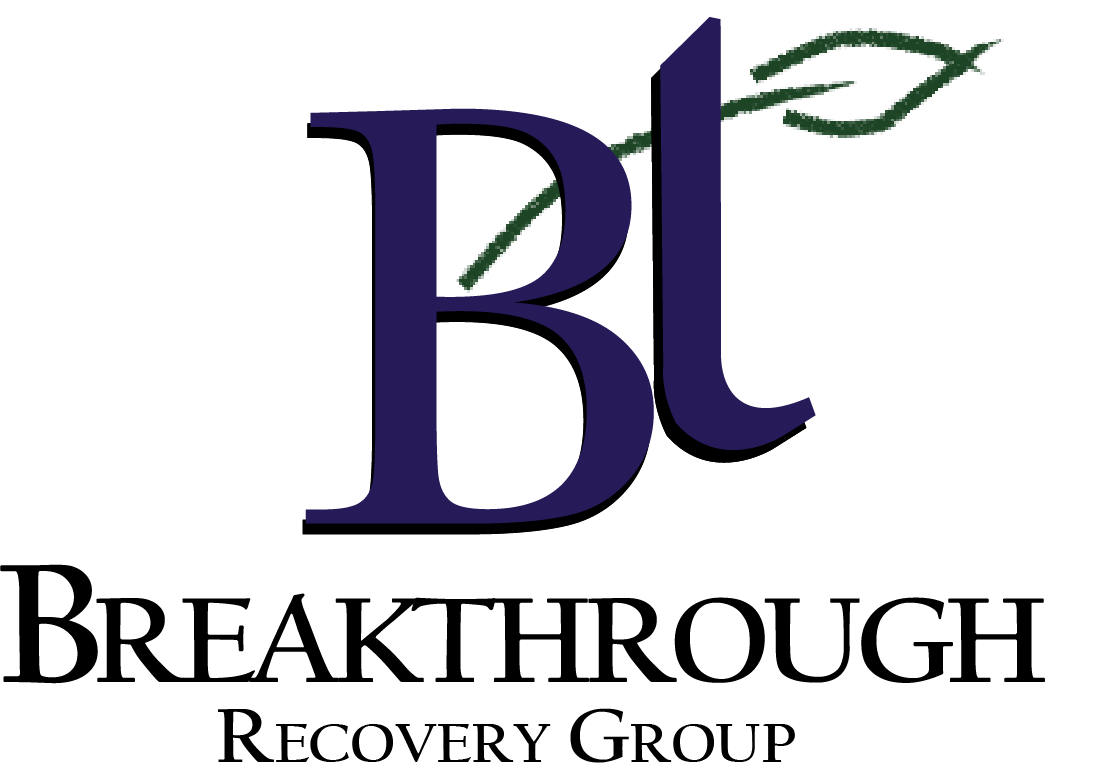
Healing Through Innovation
At BTRG Spokane, the pursuit of healing and personal growth forms the cornerstone of our therapeutic services. The organization is dedicated to offering an extensive range of counseling and mental health support, designed to empower individuals, couples, and families on their journey to wellness. Our approach to care is grounded in the latest research, ensuring effective and compassionate support is accessible to all.
BTRG Spokane stands out with its commitment to innovation. Our team continually integrates new insights and therapeutic models, creating a dynamic environment that fosters positive outcomes. Practitioners are encouraged to adopt an eclectic approach, tailoring their methodologies to best meet the unique needs of every client.
Integrative Care Approach
A holistic perspective on treatment is at the heart of BTRG Spokane’s operations. Our practitioners understand that mental health is deeply interconnected with various aspects of an individual’s life, including physical health, social interactions, and personal aspirations. By adopting an integrative care approach, we ensure that all these elements are addressed in a cohesive manner.
This comprehensive method involves collaboration across different therapeutic specialties, enabling clients to benefit from the full spectrum of expertise available. Whether someone is dealing with trauma, relationship issues, or general life transitions, BTRG Spokane is equipped to provide support that aligns with the individual’s overall life context.
The concept of integrative care extends beyond traditional therapy. At BTRG Spokane, we encourage practices such as mindfulness, meditation, and yoga as complementary modalities that support mental wellness. These practices can be particularly beneficial when integrated into personalized treatment plans, enhancing the resilience and emotional stability of our clients.
Personalized Treatment Plans
Every client who walks through the doors of BTRG Spokane is welcomed with a commitment to personalized care. Recognizing that no two journeys are the same, our therapists focus on creating treatment plans that are as unique as the individuals themselves. This tailored approach allows us to address specific challenges while supporting clients in achieving their personal goals.
The process of developing a personalized treatment plan begins with an in-depth assessment, during which therapists identify the client’s strengths, challenges, and aspirations. This comprehensive understanding serves as the foundation for crafting a therapy regimen that aligns with the client’s personal narrative and desired outcomes.
Expert Insights and Experience
The team at BTRG Spokane is composed of skilled professionals with extensive experience in various therapeutic disciplines. Each therapist brings a wealth of knowledge and unique insights derived from years of practice and ongoing professional development.
By prioritizing continuous learning, our practitioners stay updated with the latest industry trends and research findings. This dedication to expertise ensures that clients benefit from cutting-edge therapeutic techniques, enhancing the effectiveness of their treatment journey at BTRG Spokane.
Our therapists also draw from their own life experiences, offering empathy and understanding to clients facing difficult times. Sharing these personal stories and lessons learned helps to establish trust and build rapport, making the therapeutic process more relatable and effective.
Accessibility and Inclusivity
BTRG Spokane is committed to serving the diverse needs of the Spokane community. Our dedication to accessibility ensures that mental health services are within reach for everyone, regardless of their background or circumstances. We maintain a welcoming atmosphere where all individuals feel valued and respected.
Our inclusivity efforts extend beyond simply acknowledging diversity; they are reflected in the very fabric of our organizational culture. BTRG Spokane actively engages in community outreach, hosting workshops and events aimed at promoting mental health awareness and reducing stigma. These initiatives open doors for people from all walks of life to explore therapeutic options without fear of judgment.
In line with our commitment to accessibility, BTRG Spokane offers flexible scheduling options and a sliding scale fee structure. These measures ensure that financial limitations do not become barriers to receiving the care and support that individuals and families need.
Nurturing Community Connection
At BTRG Spokane, the sense of community is integral to our organizational ethos. We believe in the power of connection–not only between therapists and clients but also within the wider Spokane area. By fostering strong community ties, we encourage a collective commitment to mental health and well-being.
Our programs are designed to bring people together, creating a network of support that extends beyond the therapy room. Group therapy sessions, community workshops, and peer support networks offer opportunities for clients to build relationships, share experiences, and learn from one another.
This sense of belonging is vital for those facing isolation or estrangement. By nurturing a supportive community, BTRG Spokane promotes a more enriching and rewarding journey towards healing and personal growth.
Continuous Professional Development
Professional development is a cornerstone of BTRG Spokane’s operations. Our therapists are encouraged to pursue ongoing education, participate in workshops, and engage in peer supervision. This commitment to growth ensures that our team remains at the forefront of therapeutic practices, offering clients high-quality care informed by the latest research and innovations.
Investing in the development of our therapists not only benefits their individual growth but also enhances the overall quality of services provided to clients. By maintaining a culture of learning, BTRG Spokane fosters an environment where new ideas and approaches are regularly explored and implemented.
Enhancing Emotional Well-Being
BTRG Spokane is dedicated to enhancing the emotional well-being of every client. Our therapeutic services are designed to not only address immediate concerns but also build resilience and coping skills for future challenges. By focusing on long-term emotional health, we empower clients to lead fulfilling and balanced lives.
Our approach to emotional well-being is multifaceted, incorporating evidence-based therapies alongside creative and expressive techniques. This variety allows clients to explore different avenues of healing, finding the methods that resonate most with their personal goals and preferences.
Emphasis on Trust and Understanding
At the heart of BTRG Spokane’s practice is a strong emphasis on trust and understanding between therapists and clients. We recognize that therapy is a collaborative process, requiring open communication and mutual respect. By cultivating trust, we create an environment where clients feel safe to express their thoughts and emotions freely.
Our therapists devote time to building rapport, recognizing the unique cultural and personal contexts each client brings to therapy. This sensitivity to individual experiences fosters a sense of empathy and acceptance, allowing clients to explore their feelings and challenges without fear of judgment.
By prioritizing trust and understanding, BTRG Spokane ensures that therapeutic progress is supported by a solid foundation, ultimately leading to more effective and meaningful outcomes for our clients.

What happens at a rehab facility?
At BTRG’s rehabilitation center Spokane, individuals receive structured support and treatment to overcome various challenges, often related to substance abuse, mental health, or behavioral issues. The process begins with an assessment to understand the individual’s needs. Following this, a tailored treatment plan is developed, which may include therapy sessions, medical support, and wellness activities such as yoga or meditation. The goal is to equip clients with the tools and strategies they need for sustainable recovery and emotional health.
What is the meaning of rehabilitation center?
A rehabilitation center is an establishment where individuals can receive specialized therapy and support to recover from physical, mental, or emotional challenges. These centers focus on restoring the health and well-being of clients through comprehensive treatment plans that address the root causes of their issues. By offering a safe and supportive environment, rehabilitation centers like ours empower individuals to achieve personal growth and lead healthier lives.
How do personalized treatment plans enhance the recovery process?
Personalized treatment plans are crucial because they consider the unique circumstances and needs of each client. By focusing on the individual’s strengths, challenges, and aspirations, therapists can create a regimen that is specifically tailored to them. This approach not only increases the effectiveness of treatment but also empowers clients by aligning therapy with their personal goals. For example, if someone is dealing with trauma, the plan may include specific therapies like EMDR, combined with mindfulness practices to build resilience.
What makes the integrative care approach effective at BTRG Spokane?
The integrative care approach at our organization is effective because it looks at the whole person, not just their symptoms. By addressing mental health alongside physical health, social dynamics, and personal aspirations, we can create a more cohesive and supportive treatment plan. This approach involves collaboration across different specialties, offering clients access to a wide range of expertise. For instance, combining cognitive behavioral therapy with physical activities like yoga enriches the healing process and supports overall mental wellness.
Why is trust important in the therapeutic process?
Trust is foundational in therapy because it fosters an environment where clients feel safe to express their innermost thoughts and feelings. When there is trust, clients are more likely to engage openly and take the necessary steps towards healing and growth. At our center, building trust involves recognizing the cultural and personal contexts of each client, which helps create a sense of empathy and acceptance. This rapport encourages clients to explore challenging areas of their lives, making for a more effective therapeutic process.
How do you support the emotional well-being of clients?
Supporting the emotional well-being of clients involves not only addressing immediate concerns but also building long-term resilience and coping skills. We use a variety of evidence-based therapies alongside creative and expressive techniques, ensuring clients find the methods that resonate most with them. For example, a client facing anxiety might benefit from cognitive-behavioral strategies paired with art therapy, allowing them to explore emotions in a safe and constructive way. This multi-faceted approach helps clients lead fulfilling and balanced lives.
Resources
- Substance Abuse and Mental Health Services Administration (SAMHSA) – SAMHSA is the agency within the U.S. Department of Health and Human Services that leads public health efforts to advance the behavioral health of the nation.
- American Psychiatric Association (APA) – The APA is a medical specialty society that represents over 38,000 psychiatric physicians worldwide, working to ensure humane care and effective treatment for all persons with mental illness, including substance use disorders.
- National Alliance on Mental Illness (NAMI) – NAMI is the largest grassroots mental health organization dedicated to building better lives for the millions of Americans affected by mental illness.
- MentalHealth.gov – MentalHealth.gov provides one-stop access to U.S. government mental health and mental health problems information.
- American Psychological Association (APA) – The APA is the leading scientific and professional organization representing psychology in the United States, with more than 121,000 researchers, educators, clinicians, consultants, and students as its members.




